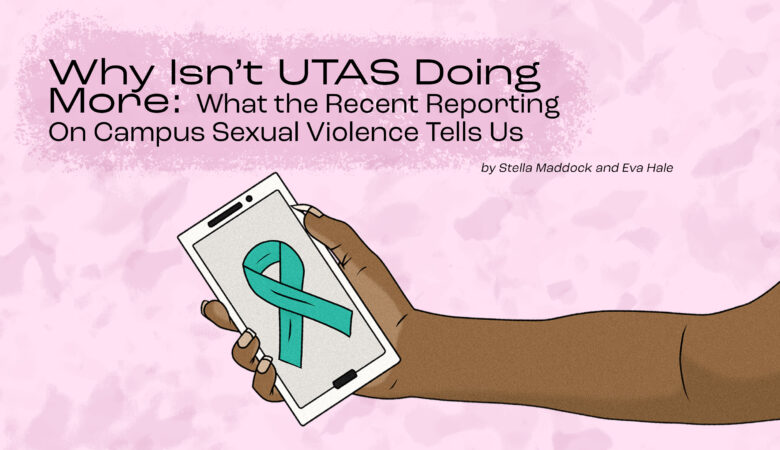The University of Tasmania has again featured in Tasmanian headlines this week. This time around they are accused of large scale wage theft, a seemingly endemic problem of the Australian higher education industry. UTas’ underpayments affect ongoing and fixed term professional staff who were entitled to penalty rates, and casual staff who should have received minimum hours when they worked. In 2020 alone, the National Tertiary Education Union (NTEU) estimated that they had recovered millions of dollars from 13 higher education institutions from around Australia (a whopping third of universities country wide).
So where does UTas fit in?
NTEU State Secretary Patrick McConville called UTas’ role in the matter “careless” given the “dozens of human resources staff” for which “payroll management is the most basic task”. According to Mr McConville underpayment and exploitation is an increasingly widespread practice, especially against casual staff members in the teaching sector. A breakdown of UTas’ employment statistics reveal that at least half of staff employed by UTas are on casual contracts. In the last year merely 0.01 percent of their 3100 casual staff who had their contracts reviewed were offered a more secure job.
Why is casualisation bad?
The casualisation of the workforce generally in neoliberal, efficiency based economies is contributing to a culture of job insecurity, workers rights degradation and workers living pay check-to-pay check. And with UTas’ reckless “bungle” of pay and working conditions their teaching faculty are at an even higher risk of exploitation and financial instability. UTas staff in teaching, cleaning, security, administration and beyond are already overworked, understaffed, and underappreciated by the institution which claims to centre around people. This is just the latest media controversy that showcases Vice Chancellor Rufus Black’s hypocrisy, McConville calling it “just the tip of the iceberg”.
Why is this important?
Many students may not realise that most of the teaching staff at UTas are on casual and oftentimes insecure contracts. As Mr McConville suggests, teaching faculty “typically don’t get paid for all the consultation, responding to emails, or administration that they do” and “they don’t usually have an office or any University issued resources to do their work.” They are expected to provide up to date research in their field while simultaneously being harangued by internal calls for efficiency, ‘streamlining’ and expectations of “student experience”. These wage theft accusations amongst the federal Liberal Government’s latest blow to research funding and UTas’ support of the Job Ready Graduates package (which effectively pushes the cost of university study further out of reach for financially disadvantaged students), paints a bleak picture for the future landscape of Tasmanian University staff and students.
How can students show solidarity to their teaching faculty?
Mr McConville encouraged students to “understand the pressure that university staff are under”, by talking about wage theft, supporting any teaching staff industrial actions and by signing up to the NTEU if they are a student working for UTas.








